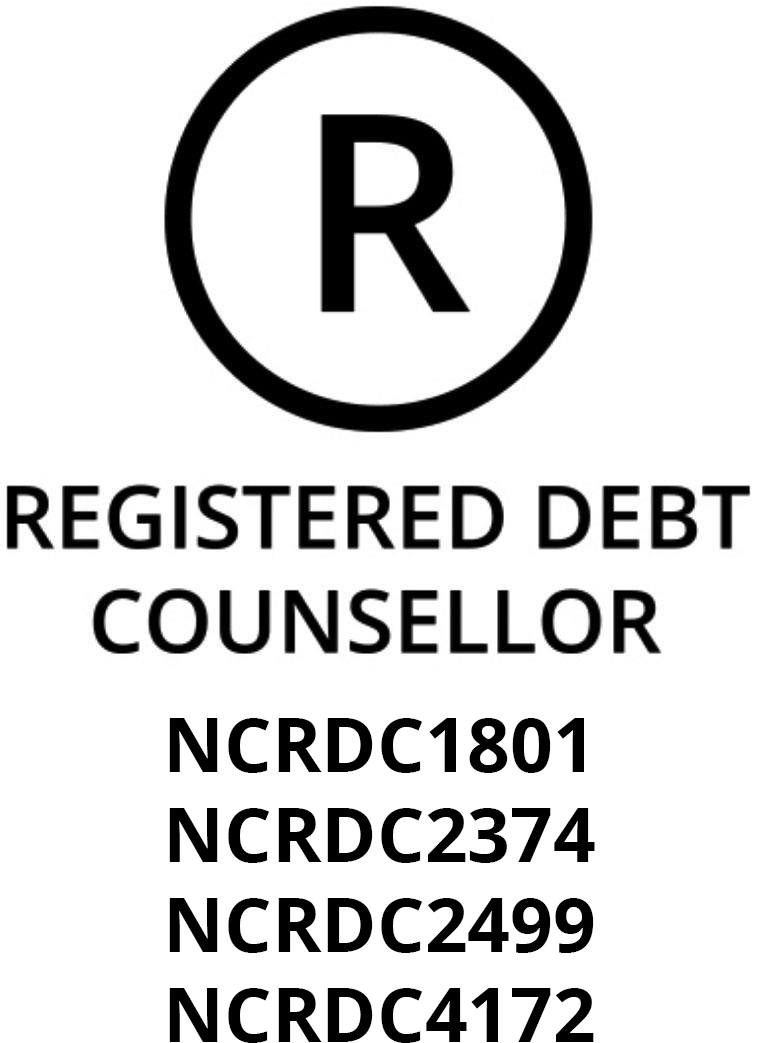This quarter, we've found that demand for debt management is up for 40% since last year.
Gain access to more insights below:
Download the full Q1 2023 Debt Index here.
Based on the results from the report, DebtBusters said this to the public:
Inflation, interest rates drive demand for debt management
-
40% increase in debt counselling enquiries in Q1 2023
-
Subscriptions for online debt management tools up 92%
-
Consumers need 65% of their take-home pay to service debt each month
Faced with rising interest rates and high inflation, many more South Africans are seeking help to manage their growing debt burden with demand for debt-management services increasing significantly during Q1 2023.
This was one of the findings from DebtBusters’ Q1 2023 Debt Index, a quarterly review of data drawn from debt-counselling applications.
The country’s largest debt management company found that demand for debt counselling grew by 40% compared to the same period in 2022, while there was a massive 92% increase in subscribers for its online debt-management tools.
Benay Sager, head of DebtBusters, says he expects the trend to continue for the rest of the year as the full impact of successive interest-rate increases since November 2021 and elevated levels of inflation are now fully evident in consumer finances.
“As interest rates have risen, credit has become burdensome for many consumers. Average bond interest rates increased from 8.3% to 11.4% per annum in a short space of time. Average vehicle finance rates rose from 12% to 14.8% during the same period. This means if you have a R1m bond and owe R200 000 in vehicle finance, you are expected to pay nearly R5 000 more per month. This steep increase is pushing consumers to tap into more personal loans. Nearly everyone, 96 percent, of people who applied for debt counselling had a personal loan. This indicates consumers are supplementing their income using unsecured credit and personal loans have become a lifeline for many South Africans.”
When compared to Q1 2016, the Debt Index shows that consumers who applied for debt counselling in the first quarter of 2023 had:
- 38% less purchasing power: While nominal incomes were 2% higher than in 2016, cumulative inflation growth of 40%, meant that people were taking home 38% less in real terms than they did seven years ago. Over the same period the petrol price almost doubled, and the cost of electricity went up by 90%.
- A higher debt-service burden, with 65% of net income used to service debt: Before applying for debt counselling, on average, consumers were spending 65% of their take-home pay to service debt. Those taking home R20 000 a month or more needed 70% of their income to make debt repayments. Debt-to-income ratios were at or close to all-time highs. For people taking home more than R10 000 per month these were 123%, and 159% for those making R20 000 or more. By comparison debt-to-income in other BRICS countries was relatively low with Russia at 37% and Brazil 45%. This contrasts with the USA at 101%, Germany 102%, the UK at 148% and Australia at 211%.
- Unsustainably high levels of unsecured debt: Unsecured debt levels, on average, had increased by 30% since 2016 but were 67% higher for people taking home R20 000 or more. Although the volume of unsecured loans had declined by 13% since 2016, the average loan size had grown by 34%. This indicates that although lending-risk appetite is not back to pre-pandemic levels, larger loans were being granted to the same number of consumers.
Sager says despite the dual impact of interest rates and inflation on the latest data, there are some positive indicators, specifically the massive increase in younger consumers subscribing to DebtBusters’ online debt management tools.
Need debt counselling or consolidation?
Explore DebtBusters' solutions for reducing your interest rates and unlocking cash.
Find out more“This is very good news. These consumers generally have less debt burden and are using free online tools to manage their debt more proactively. By doing so early in their careers, management of debt becomes entrenched as part of daily life, and they are less likely to have difficulties with debt later on.”
He says that for consumers needing help with debt, debt counselling is an effective process which can extend the time consumers have to pay off unsecured debt, allowing them breathing room on their monthly finances.
In addition, the effectiveness of the process is proven: the number of people who have successfully completed debt counselling has increased nine-fold since 2016. In Q1 2023 alone consumers paid back over R406 million worth of debt to creditors as part of the debt-counselling process.

Benay Sager
Head of DebtBusters





